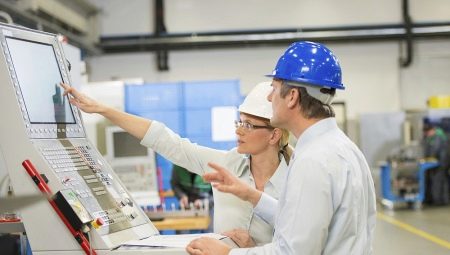Each production cycle consists of a set of related technological processes, which are divided into basic, as well as providing and developing. A key position in this chain is occupied by a process engineer, who is the main link responsible for the development and implementation of a new product. This specialist plays a huge role in any company., therefore, a person with the necessary knowledge and skills will never be left without work and a decent level of pay.
Let us dwell in more detail on the job description of a process engineer and the requirements for applicants for this position.
Features
Translated from Latin, “engineer” means “discoverer” - that is, the person responsible for introducing options for improving one or another sphere of life. In other words, this is a person who makes inventions. Technological engineer - an engineer who is responsible for the effective organization of the technological and production process. Within this specialty, there are 3 main areas:
- inventive and scientific-practical activity;
- design work;
- the introduction of scientific and technological progress in production.

The main goal posed to the employee by the position of a process engineer and designer is to make a competent choice of rational production methods.
Like any other profession, the work of a process engineer has its pros and cons. So, engineering technologies have such significant positive characteristics:
- demand for a profession;
- the ability to select offers on the labor market;
- a high level of salary in the presence of relevant competencies;
- opportunity for career growth;
- weak competition.

At the same time, there are some negative aspects to them, which include:
- increased responsibility;
- high risk of injury during the performance of professional duties;
- contact with harmful production factors.
The position of a process engineer assumes the availability of fundamental knowledge in all areas and areas of the production process, as well as related disciplines.
This person should be engaged in continuous self-development, he should be distinguished by initiative, an active life position and the desire to constantly improve his skills, knowledge and competencies.
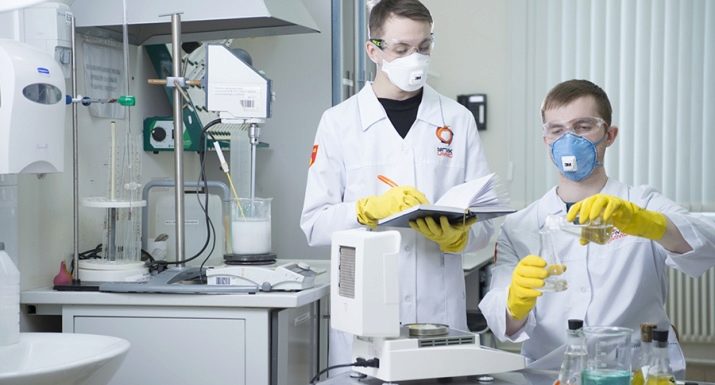
Responsibilities
In accordance with the professional standards specified in the ECTS, the job description of the employee in the position of a process engineer includes the following tasks.
- Compilation and implementation of a set of measures aimed at increased competitiveness of manufactured goods, reduction of material costs and labor costs at all stages of the production cycle.
- Creation and implementation of highly efficient processes, modern equipment, methods and solutions in terms of automation and mechanization.
- Adjustment operating modes of production cycles.
- Rationing of all processes in production.
- Calculation of economic efficiency production cycle.
- Spending planning necessary materials, fuel, and tools.
- Drawing up equipment placement schemes in production shops, job security, equipment load monitoring and capacity utilization planning.
- Determining the sequence of basic work, development of an operational route of production.
- Terms of Reference on equipment, fixtures, as well as tools.
- Implementing Standards assembly of structures, used technologies, route maps, as well as other documents, one way or another related to the release of goods.
- Adjustment in the technical documentation of production, if necessary.
- Participation in research and experimental surveys.
- Document approval with related divisions of the company.
- Exercise experimental research to introduce advanced technology.
- Performance of functions by registration of applications for patents and prototypes.
- Development of a system of activities aimed at increase in labor productivity, introduction of advanced domestic and foreign experience in production.
- Formation of a set of works aimed at a more practical and efficient development of existing production facilities and improvement of technologies used.
- Active participation in management programming production equipment.
- Study the main reasons for the appearance of marriage and the poor quality of the product. Rapid development of measures for their further elimination and prevention.
- Control for the accuracy of meeting the requirements of production and labor discipline and the correct use of equipment.
- Consideration of introduced rationalization proposals in order to improve existing production technologies, making an expert assessment on the appropriateness or inappropriateness of their implementation.

Knowledge and skills
A competent process engineer must know:
- Features of manufacturing technology of the main product of a manufacturing enterprise;
- the exact composition of the raw materials used and the finished product, design features of the products;
- the main methods and design options for existing technological processes;
- laws, decrees, orders, as well as some other regulatory and methodological documents relating to production processes;
- the design and composition of equipment, the requirements for its maintenance, the basic mechanisms of their operation and acceptable operating modes;
- standard of technical and technological work;
- basic standards for the quality of raw materials and manufactured products;
- established GOSTs, standards and norms;
- economic indicators of production technology;
- acceptable indicators of marriage, methods for its prevention and methods of elimination;
- principles of labor organization in production;
- basic means of working communication and features of the application of IT in the manufacturing sector;
- approved requirements for processing technological and reporting documents;
- basic tenets of economics and ergonomics;
- knowledge of the Labor Code of the Russian Federation;
- Existing safety standards and industrial sanitation, as well as fire protection rules and legislation in the field of labor protection;
- rules of business communication with subordinates, colleagues and partners;
- knowledge of computer programs.

A process engineer is a highly skilled worker, he must be well versed in the intricacies of the production cycle.
It is this specialist who is responsible for the quality of products, the continuity of technological processes and their speed.
That is why, in addition to deep technical knowledge, this employee must have good managerial skills, since it is the organization of the effective work of the entire labor collective that directly determines the efficiency of the whole production as a whole.
The position of a process engineer involves not just a set of highly professional specialized skills, but also a certain list of personal qualities. At least ten workers are subordinate to this employee, so his ability to build communication and manage labor resources rationally depends on the efficiency of production as a whole.

Important personal qualities for a candidate for a position of a process engineer are:
- organizational skills;
- high level of self-discipline;
- attention to details;
- scrupulousness when working with diagrams and drawings;
- perseverance;
- self-organization;
- perseverance, perseverance and determination;
- analytical and abstract thinking;
- high speed of learning;
- the desire for tireless improvement of their skills and knowledge;
- the ability to remember a large array of data;
- poise and restraint;
- sociability;
- hard work;
- punctuality.
In general, this list may vary, it largely depends on the industry of the company in which the process engineer will work. As a rule, each leader presents his requirements for the personal qualities of the employee.

Education
Under the general concept of a process engineer, there are a number of specializations, they depend on the characteristics of the production and technical orientation of a particular company. Despite the existing varieties of this profession, in any case, in order to take the position of senior technologist, you should get a higher technical or secondary education in technical profile. Specialized secondary education is usually obtained at the end of 9th grade at school, students in a college / technical school for 3-4 years. In order to become the owners of the "tower", you must finish 11 classes of the school, and then 4 years to study at the undergraduate level and another 2 years at the magistracy.
The passing score in these areas may vary depending on the region where the institution is located, as well as its level of prestige. Training can be free or carried out on a commercial basis, the cost in Russia is 20-110 thousand rubles. in year. For admission, you need to take such items as mathematics, physics and computer science.
Preference is given to graduates of full-time study programs, correspondence education is allowed only if there is a lot of experience in the chosen specialty.
In our country, there are about 110 universities and more than 200 educational specializations that allow graduates of the educational institution to apply for the position of industrial engineer.
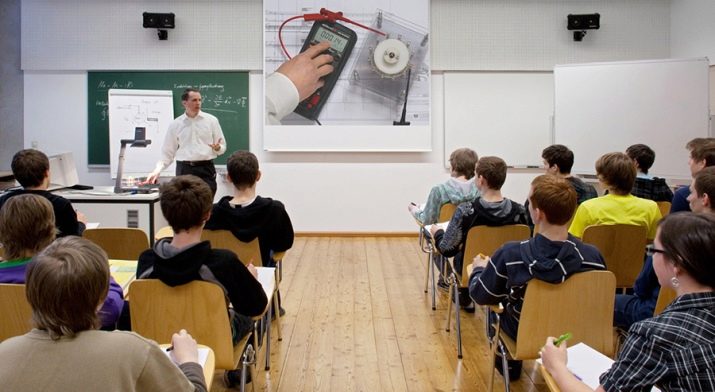
average salary
The salary level of a process engineer largely depends on the characteristics of the enterprise where he works, as well as the region. If we take generalized indicators based on the data sent by labor exchanges, the average payment in the Russian Federation for a process engineer is:
- minimum wage - 25 thousand rubles;
- average salary - 50 thousand rubles;
- the highest level of payment is up to 450-550 thousand rubles.
This indicator is average, it may vary depending on the nature of the position.
So, the average salary per position:
- chief technologist - amount to 66-70 thousand rubles .;
- Leading Process Engineer or the head of the technical and technological department receives about 55-60 thousand rubles;
- ordinary process engineer earns 40 thousand rubles.
If we talk about the average salary in the regions of the Russian Federation, then the picture with the average salary will look like this:
- Moscow - 75 thousand rubles;
- Vladivostok - 60 thousand rubles;
- Yekaterinburg - 48-50 thousand rubles;
- Rostov-on-Don - 40 thousand rubles;
- Kazan - 40 thousand rubles.
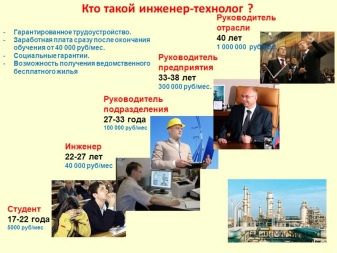
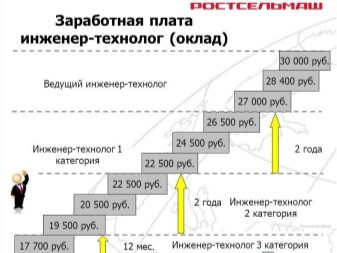
Where to work?
The list of production areas that require a mandatory presence in the state of a process engineer is quite impressive. Depending on the chosen specialization at the training stage, an employee with the necessary set of competencies and skills can be involved in the following industries.
- Food - confectionery and bakery industry, production of dairy and lactic acid products, meat processing enterprises, public catering system.
- Easy - fur, sewing, and also textile production.
- Chemical - Workshop for the production of medicines, cosmetics, as well as building materials, concrete, etc.
- Engineering and instrumentation - galvanic shops, locomotive facilities, CNC, manufacturing of welding equipment, energy, oil and gas and petrochemical plants, as well as factories and plants in the segment of technological equipment servicing.
- Metallurgy and metalworking - production of steel and alloys, heat treatment of ore, coke-gas plants, mining and processing companies.
- Oil refining - oil production and refining, fuels and lubricants, drilling fluids, petrochemical products, oil and gas production enterprises.
- Information Technology.
- Printing industry.
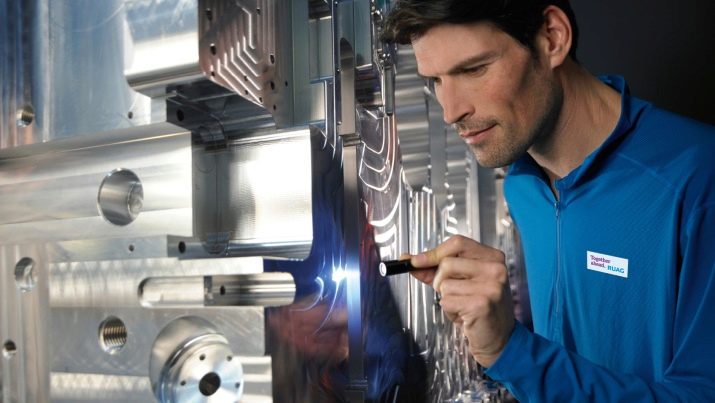
Career
The position of a process engineer is usually assigned to a person who has a higher specialized technical education without specifying any requirements for seniority, or a person with a secondary specialized education, whose work experience as a technologist is at least 3 years. Thus, a person without work experience can apply for a career following the scheme.
- Category III specialist - an employee with a higher technical education, as well as a short experience acquired during training, or having experience in engineering positions without any qualifications.
- Category II specialist - an employee with higher education, and in addition, experience in the position of a process engineer of category III or snow technical positions for a period of not less than 3 years.
- Category I Specialist - an engineer with a higher specialized education, as well as experience in the position of a category II industrial engineer for at least 3 years.

